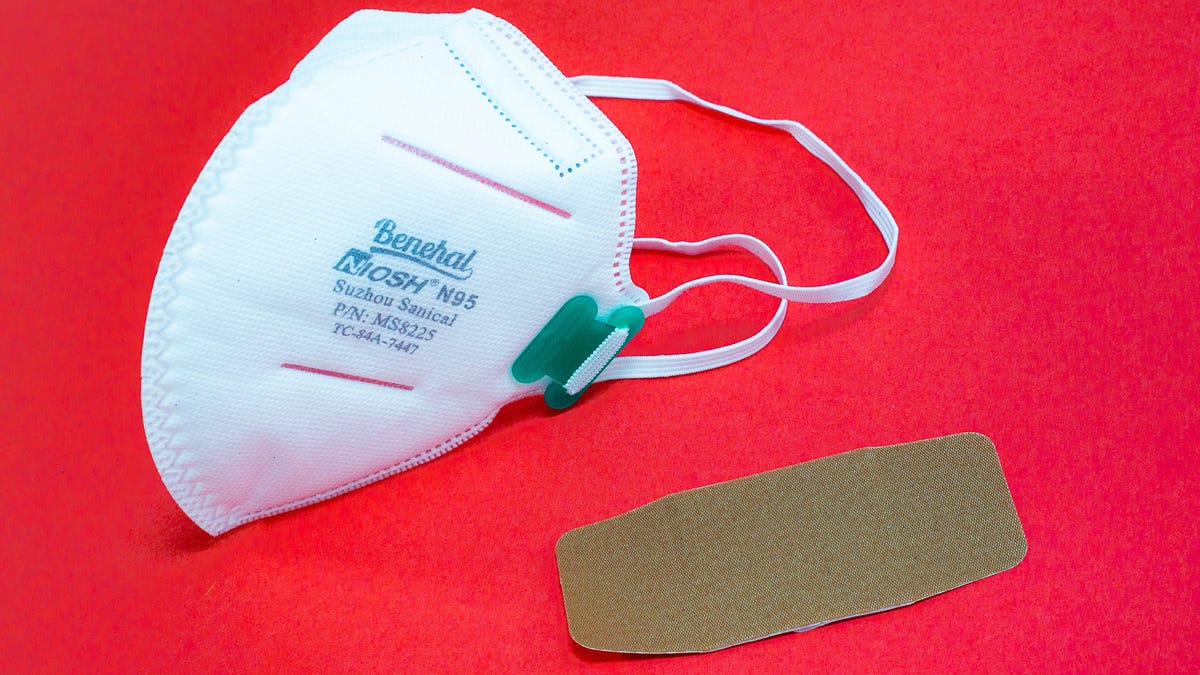CDC Recommends COVID Booster for Kids Ages 5 to 11
The CDC also strengthens its recommendation for second boosters for all adults 50 and up.

The US Centers for Disease Control and Prevention on Thursday recommended boosters for children ages 5 to 11, following a vote by the CDC's independent advisory panel to endorse a third shot for younger children, five months after their second dose.
The booster is made by Pfizer and BioNTech and is one-third the companies' adult COVID-19 vaccine dose. On Tuesday, the US Food and Drug Administration gave emergency use authorization to Pfizer and BioNTech's COVID-19 vaccine for kids 5 to 11.
Everyone age 12 and older was already eligible for a third shot, or booster dose. In its statement, the CDC also strengthened its recommendation that everyone age 50 and older, as well as all immunocompromised people as young as age 12, get a second booster, or fourth shot. Previously, the CDC language was that those groups "may" get a shot if they choose.
Even though boosters for children ages 5 to 11 are now available throughout the US, only 28% of 5- to 11-year-olds have completed their primary COVID-19 vaccine series (two shots), according to the American Academy of Pediatrics. Roughly 35% of children of the same age have gotten one dose.
"Vaccination with a primary series among this age group has lagged behind other age groups leaving them vulnerable to serious illness," CDC Director Dr. Rochelle Walensky said in a statement. "With over 18 million doses administered in this age group, we know that these vaccines are safe, and we must continue to increase the number of children who are protected. I encourage parents to keep their children up to date with CDC's COVID-19 vaccine recommendations."
The recommendation comes as COVID-19 cases are rising steeply in the US, driven by newer, more contagious versions of omicron. After last winter's omicron surge, about 75% of children in the US had evidence of a COVID-19 infection, according to a CDC report.
"While it has largely been the case that COVID-19 tends to be less severe in children than adults, the omicron wave has seen more kids getting sick with the disease and being hospitalized, and children may also experience longer term effects, even following initially mild disease," FDA Commissioner Dr. Robert M. Califf said in a statement following the authorization.
When it authorized booster shots for children as young as 5, the FDA said its decision was based on immune response data from the ongoing randomized trial that supported the October authorization for the primary vaccine for younger kids. Antibody responses were evaluated in 67 children who received a booster dose seven to nine months after getting their second shot. Safety of the booster shot was evaluated in about 400 children. Side effects of the booster in children were similar to common side effects in adults, including pain at the injection site, fatigue, headache and fever.
The FDA didn't hold a meeting with its independent advisory committee prior to this authorization, which it has typically done before authorizing COVID-19 vaccines or boosters for specific age groups. Pfizer's request for emergency use authorization "did not raise questions that would benefit from additional discussion by committee members," that haven't already been addressed in other discussions on COVID-19 vaccine boosters, the FDA said. The agency noted that it will make documents related to the request available on its website.
Children under age 5 still aren't able to get vaccinated against COVID-19. The FDA has loosely scheduled three dates next month -- June 8, 21 and 22 -- for its panel to discuss Moderna's and Pfizer's authorization requests for vaccines for babies and younger children.

